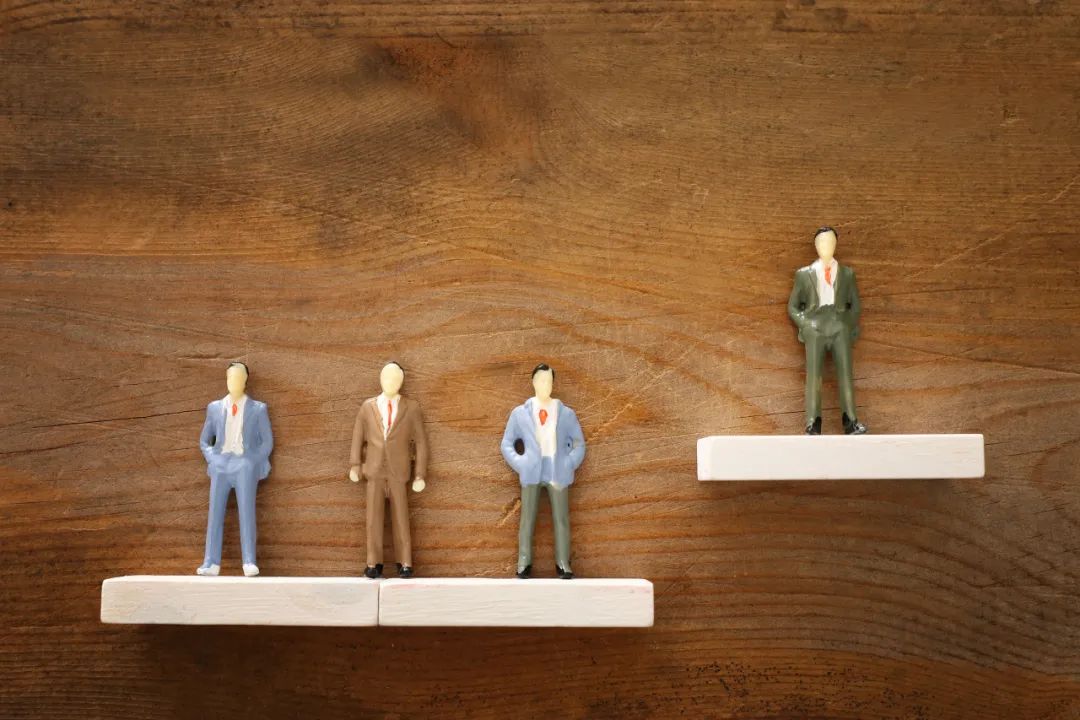Rank isn’t everything – Workplace status is a powerful influence on performance

By Zhiqiang Liu, Xi Ouyang, Tae-Yeol Kim, and Ying Chen
In even the most informal of workplaces there will still be a recognisable hierarchy or structure that separates leaders from subordinates, as well as various strata of employees determined by their value to the parent organisation. Alongside their “rank” or “position” within the organisation, every member also has their workplace status – a catchall term that combines the respect, prominence, and prestige they enjoy among their work group. Unlike formal hierarchical rank, a person’s workplace status develops informally through peers’ evaluations of characteristics as varied as personality, educational level, and even their physical attractiveness, alongside more work-related skills and competencies.
Taken together, these informal, often unspoken assessments lead to a vague, subtle, but highly influential appreciation of a person’s standing within the work group. Individuals who are well regarded in these criteria may enjoy a higher workplace status than that of their peers, perhaps even higher than their superiors. These status differences can matter greatly when it comes to the interpersonal relationships within the group and overall team performance. Our recent study focuses on the affect that such workplace status differences have on a person’s perceived insider status (i.e., how much they feel they are an insider within an organisation) and, relatedly, their proactive behaviours (i.e., to what extent they “take the initiative” to improve current circumstances at work or try to change the status quo for the better).
After surveying 421 employees across 113 work groups, we found that both horizontal status differences (i.e., the difference in status between a given employee and their peers) and vertical (i.e., differences in status between an employee and their leader) have a marked effect on how employees perceive themselves within the organisation and how this translates into a desire to support it more proactively.
When employees have higher status than their peers (horizontal), they feel significantly greater perceived insider status. In turn, this encourages proactive behaviours, meaning that the higher their perception of having insider status, the harder employees will strive to meet their responsibilities, take the initiative, and try to achieve beneficial, future-focused outcomes for the organisation.
When it comes to vertical status differences, the relationship becomes more complex. We discovered that it created an inverted U-shaped impact on perceived insider status meaning that having both lower and higher status than their leader caused employees to feel like less of an insider. Having lower status can lead employees to feel a lack of shared recognition and respect within the work group, causing a lack of any sense of control or agency. But viewing the relationship from the other end, employees with higher status than their boss can also feel like less of an insider, as they wrestle with the inconsistency of being “lower rank but higher status”, leading to workplace tensions and possible frustrations regarding their apparent lack of official recognition or value at work. These results suggest that if leaders can maintain a similar status to their employees – neither drastically higher nor lower – they have the best chance of encouraging perceived insider status.
Together, these findings should serve as a warning to managers and leaders of all ranks across an organisation to be mindful of the status of their employees, as well as their own. Recognising high-status employees is invaluable, as they can be further encouraged in their proactive support of the company. Employees perceived as low status shouldn’t be ignored, however, but rather be helped to improve in terms of recognised status characteristics such as performance and valued task-related skills, bringing up their status within the group and subsequently making them feel more like an insider who is motivated to proactively perform well.
Our study also found that promotion criteria (the rules by which employees can be selected for advancement) is an important moderating factor in the relationship between workplace status, perceived insider status and proactive behaviours.
In a promotion system with absolute criteria, any employee performing above the fixed (i.e., managerially-set) standards is qualified for promotion, but having relative promotion criteria means promotion is based on employee performance levels relative to their peers. Our findings show that a relative promotion criteria setup enhances the effects of horizontal status difference on perceived insider status and proactive behaviours. This makes it an effective lever for employee regulation, as it encourages high-status employees to be even more proactive to differentiate themselves from their peers, while simultaneous inspiring the rest of the group to be proactive as well.
High-status employees can also be encouraged to help lower-status employees experiencing low levels of perceived insider status develop an inner identity within the work group. This might be accomplished by managers through, for example, creating a strong interpersonal justice climate or establishing an employee mutual aid platform.
This article refers to a study entitled, “Workplace status differences and proactive behaviours: The role of perceived insider status and promotion criterion” by Zhiqiang Liu, Xi Ouyang, Tae-Yeol Kim, and Ying Chen published in the Journal of Occupational and Organizational Psychology.
Zhiqiang Liu is a Professor at the Management School of Huazhong University of Science and Technology; Xi Ouyang is an Assistant Research Fellow at the Business School of Sichuan University; Tae Yeol Kim is Professor of Management at CEIBS; Ying Chen is an Associate Professor at the College of Business Administration at the University of Rhode Island, USA.









